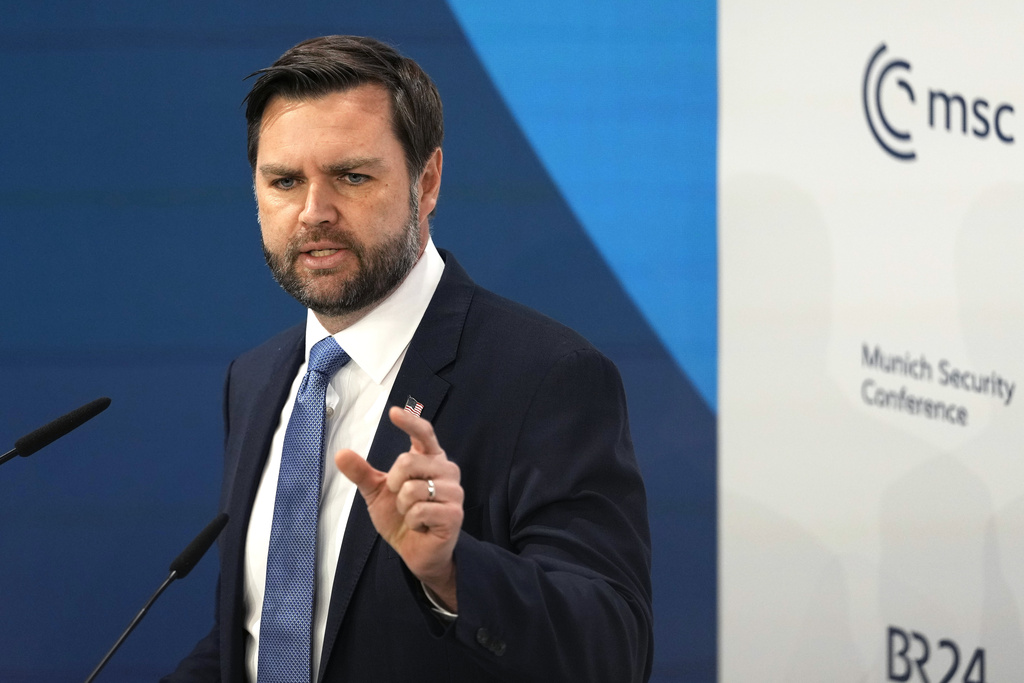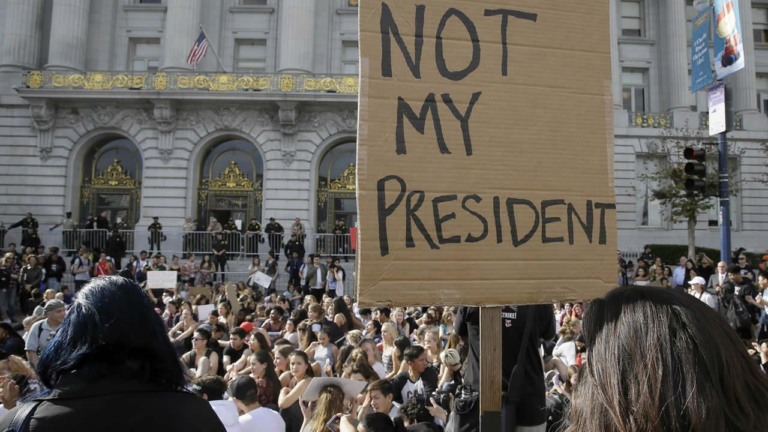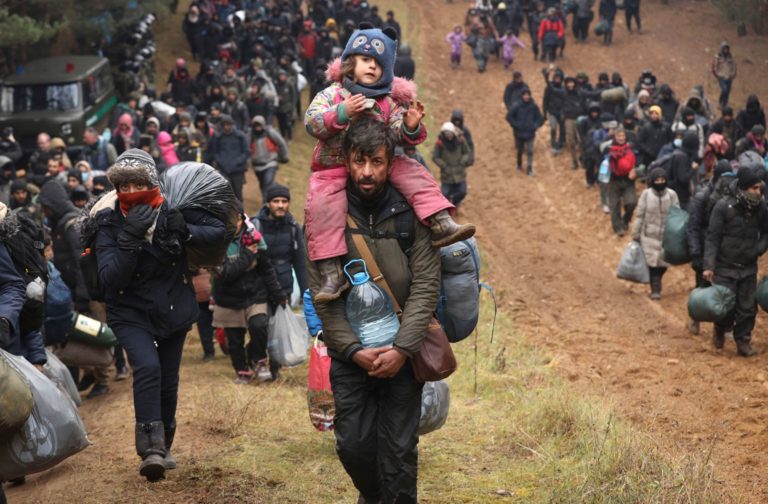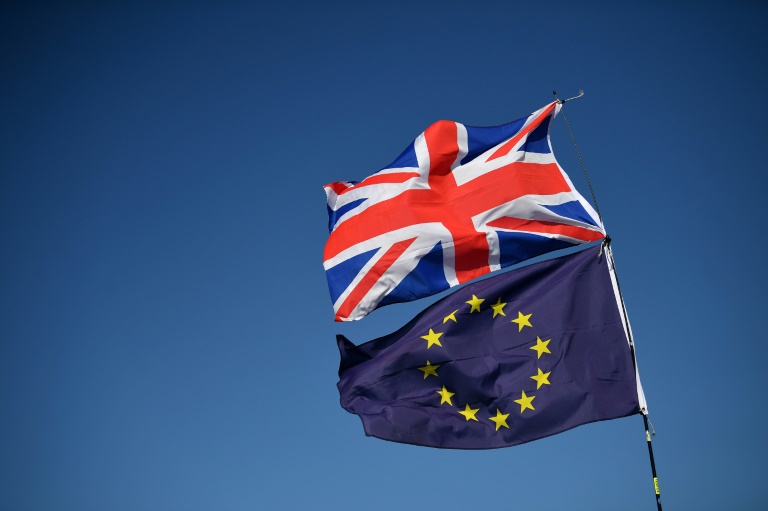
If any European leaders harbored phobias of roller coasters, their worst fear may have been realized. The last few months have been nothing short of a whirlwind ride, with Trump’s election bringing about a wave of dread among European leaders. Last week, the crux of those fears came true: the Trump administration met with President Putin to negotiate an end to the Russo-Ukrainian War without any European representation at the table. And Vice President J.D. Vance’s speech at the Munich Security Conference questioning European democracy, and its sovereignty by extension, felt like the words of a sworn enemy — not a steadfast ally in the post-WWII era.
In an explosive speech that left European leaders gobsmacked, Vance vociferously asserted that the true enemy facing Europe was not China, Russia, or any authoritarian regime, but migrants and state-sponsored censorship. Alongside its sheer boldness, the claims embedded in his speech pose monumental questions to the future of America’s transatlantic relationships. Vance’s message was loud and clear: democracy can only mean what Trump wants it to mean, and nothing else.
The vice president began by underscoring the basis of international relations in “shared values,” before he turned to criticize free speech in Europe. Presumptively citing Romanian elections, the fate of a Nazi-like party in Germany, and safe zones around abortion clinics as evidence, Vance blamed European governments for censoring free speech and free elections. Perhaps, the irony was not lost on European leaders when, days after Vance proclaimed that the American people could do nothing for those who didn’t share their values, Donald Trump waxed enthusiastic about marking out a deal with Russia’s Vladimir Putin, an autocrat of a regime with pervasive censorship.
One of the central tenets of Vance’s argument was his emphasis on buffer zones around U.K. abortion clinics that prevent protests or vigils within the perimeter. Vance argued that such a zone was a violation of free speech, and even went so far as to claim that people whose houses belonged in the buffer zone had no rights to practice their religion — a statement that has since been disputed by a number of Scottish lawmakers. However, Vance’s argument failed to account for the fact that in the U.K., pro-life speech is nowhere near banned. The law exists to protect the mental health of those who have just had or are about to undergo a traumatic medical procedure. Even the U.S., which prides itself on its freedom of speech, has laws that prevent harmful speech among vulnerable populations, such as children. The U.K. law has the same effect, except that it just doesn’t align with Vance’s worldview.
In another instance, Vance criticizes the “extremist” label accorded Germany’s far-right party, Alternative for Germany or AfD. Despite its Nazi-like rhetoric, and Germany’s constitutional mandate to prohibit the return of Nazism in any of its forms, Vance believes that the democratic mandate requires that states respect people’s votes, even if the candidate endorsed is explicitly against their constitution. However, Vance merely underscores different perspectives on democratic preservation. While conservatives are quick to emphasize that America is a republic and not a democracy, the Trump administration carves the legitimacy of its democracy from the democratic mandate: the votes of the people. Germany, in this case, also derives its legitimacy from the democratic mandate, but also from the strength of their institutions. The AfD, being Nazi-like, poses a clear threat to those institutions. Despite its dangers, that the party is still being allowed to compete in free elections ought to serve as a reminder of the freedom of speech in Germany.
Similarly, Romania’s constitutional court’s cancellation of their election is undoubtedly an overreaction to the phenomenon of an influx of Russian ads that promulgate the pro-Russian, right-wing candidate, Georgescu. However, the cancellation is also understandable given credible threats of foreign interference in elections all around the world, including in the United States. The explicit evidence of ads from another country promoting a single candidate is a danger to voting institutions unused to the new reality. The Trump administration’s refusal to acknowledge claims of foreign influence in American elections, leading to the dismantling of a task force assigned to preserving the integrity of American elections, does not preclude various other nation-states from weeding out foreign influence. An ally’s action cannot be wrong merely because it is different from Trump’s or Vance’s values.
Vance’s comments are even more striking in the backdrop of America’s departure from a democratic regime. Trump’s election has spurred a widespread chilling effect on journalism around the country. A flurry of Trump’s executive orders have been blocked by federal judges for being unconstitutional. Rioters who almost destroyed the fabric of American democracy were pardoned without a second thought. The administration has a newfound affinity for a dictator who has neither regard for freedom nor his people. If Vance and Trump believe that democracy is sliding in Europe, but remains strong at home, they are living in a fantasy. It’s time to call out what happened in Munich last week: European nations were singled out because they don’t share Trump’s worldview. It’s the pot calling the kettle black.
It was not shocking, then, that European leaders reacted with hostility to the vice president’s address. For one, the German Chancellor Olaf Scholz explicitly rebuked Vance’s statement as detrimental to German sovereignty. Others, including the defense minister of Germany, used their speech time to push back against Vance’s comments. The Scottish government even issued a statement correcting the vice president’s claims. Michael McFaul, the former U.S. ambassador to Russia, summed up the general approach of European leaders when he told Politico that Vance’s remarks were “insulting” and “empirically not true.” Whether European democracy is truly under siege remains an open question. What isn’t, though, is that American-European relations are under strain at a time when America is short of allies and is only isolating itself further. Can we survive such an upheaval?
The Zeitgeist aims to publish ideas worth discussing. The views presented are solely those of the writer and do not necessarily reflect the views of the editorial board.



